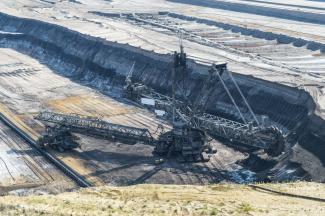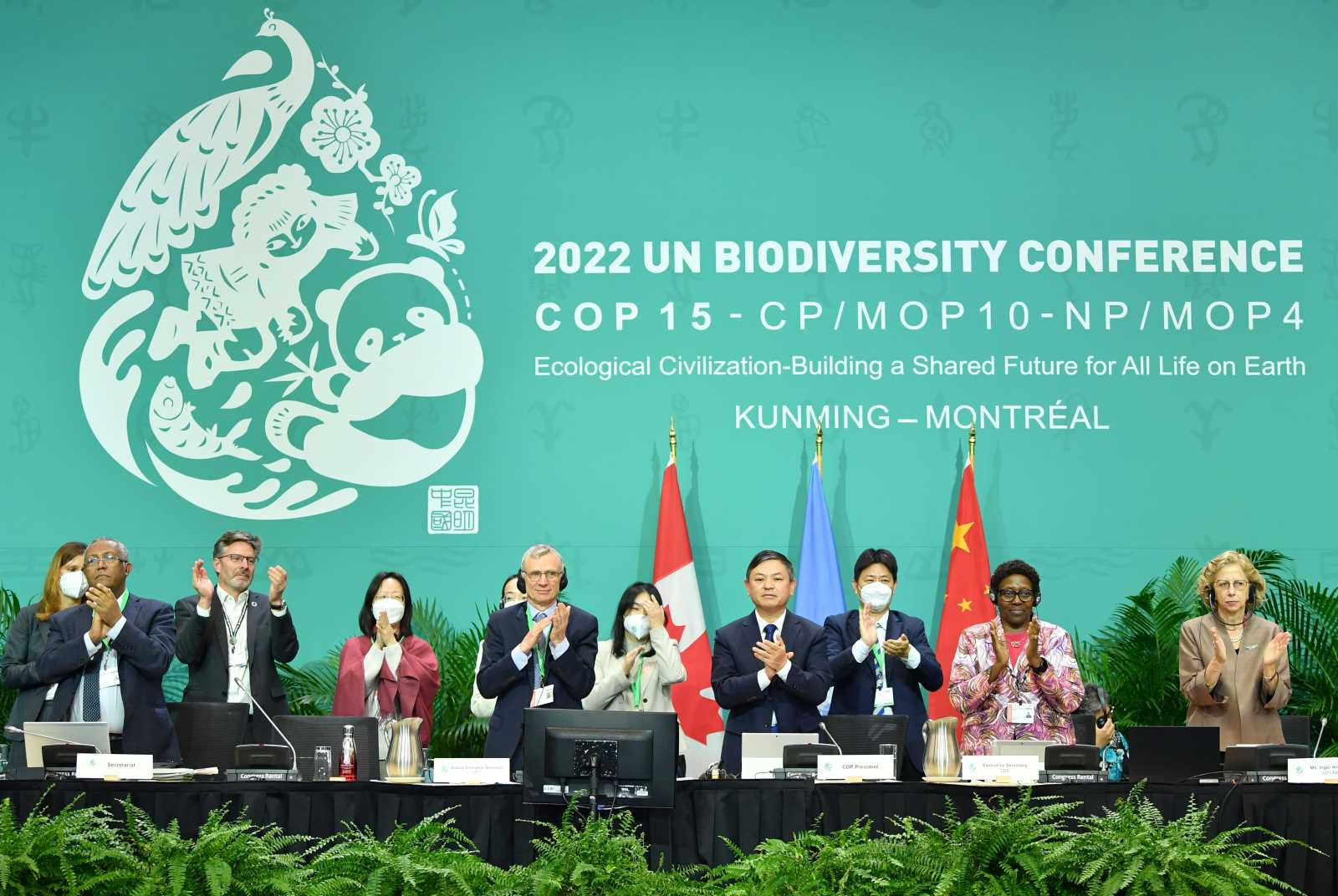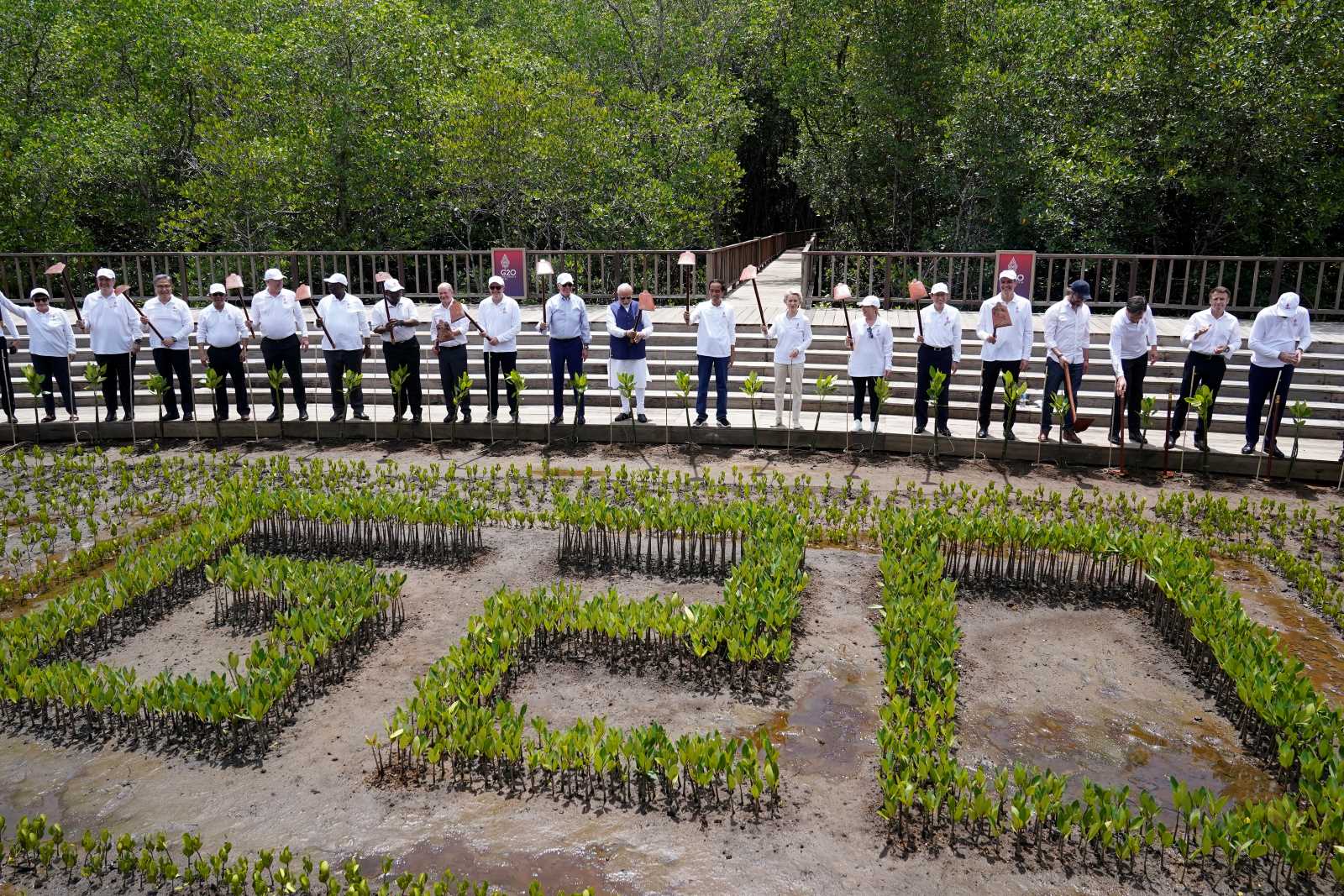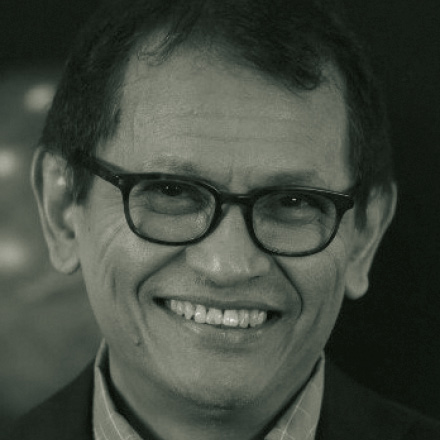Sustainability
Do the right thing

If people saw the earth as a living thing, they would not cause so much damage. That is what Zulliger believes. He wants others to see matters this way too. At first glance, it may seem esoteric to think of water, soil or rocks as being alive. But doing so makes sense, if one adopts a holistic perspective, recognising that everything is connected to everything else. Water and soil nourish plants and animals, and even rocks serve as habitats and supply essential minerals. Earth, therefore, is a living system, and human beings are a part of it.
This perspective is ancient wisdom that can be found in many religions and worldviews. The title of Zulliger’s book refers to Gaia, the earth goddess of ancient Greece. This maternal deity was believed to nurture all forms of life. Unfortunately, the author laments, we have been ignoring this kind of wisdom for centuries. While this statement does not apply to everyone, it is certainly true of the share of humanity that has exploited our earth to its limits.
So-called modern people who live in urban environments marked by technology see themselves as separate from nature. Biodiversity, for instance, is perceived as something “out there”, but not right where we live. It is generally considered to be something good, but not understood to be a precondition for our (continued) existence.
Zulliger shows that such every-day thinking is wrong. He refers to the latest research that proves that species’ diversity is essential for the stability of ecosystems. Biodiversity is not a luxury, but a necessity. “As species become extinct as a result of global warming, for instance, the ecosystem will lose the ability to regenerate itself and therefore also its ability to sustain life,” the author emphasises.
Maintaining the earth system is called sustainability nowadays. The term originated in forestry. The principle is to only cut as much timber as can grow back. Over time, a three-dimensional understanding of ecological, social and economic sustainability became commonplace. According to Zulliger, environmental sustainability depends on the following principles:
- The life-giving ecosystem should not be destroyed.
- There is no such thing as waste because everything ends up somewhere. All cycles of matter must be closed. In other words, it must be possible to recycle any material used in a product or a production process. If we cannot assess the risks associated with a certain action, we should not act at all (precautionary principle).
In many parts of the world, the notion of sustainability is unknown. Some people associate it with utopian claims or unpleasantly austere lifestyles. In fact, the concept is neither new, nor does it have negative connotations. Zulliger presents the example of the Benedictine monks of Einsiedeln Abbey in Switzerland, who for over 1000 years have been living according to the principles of moderation and long-term viability.
Buddhism similarly exhorts its followers to live mindfully and cause as little harm as possible. By contrast, no major religion promotes destruction, exploitation and waste.
If the notion of sustainability is as obvious as the book claims, why do so few people live according to it? Zulliger’s answer is: “Many of us assume that our actions cannot have negative consequences or we simply disregard the potential risks.” According to Zulliger, the path to sustainability ultimately requires “broad knowledge, attentiveness and the willingness to do the right thing”.
Changing one’s own lifestyle and consumption habits is not popular – especially not, if it is associated with renouncing things and accepting limitations. Many people expect policy measures, market dynamics and technical innovations to rise to global challenges such as climate change. While Zulliger thinks that a global carbon tax would make sense, he points out that there is a lack of political will. And the author doubts that better, cleaner or more efficient technologies can make current consumerist lifestyles sustainable. In spite of such efforts, resource use has kept increasing. “Worldwide there has never been as much innovation as today, and still our carbon footprint is growing faster than the world population,” the author bemoans. Indeed, global carbon emissions hit a record high in 2017.
According to Zulliger, the prime obstacle to rapid change is the “obstinacy of evolution”. There is no lack of knowledge, and a great deal can be done. But people’s worldviews must change too, and that will take much more time. Unfortunately, time is running out, as climate scientists and other researchers have emphatically demonstrated. Zulliger offers no solution to this dilemma. He does point out, however, that people can still “turn the ship around” in time to ensure the survival of the earth and our species. As the author summarises, “We are the problem, but also the solution”.
BOOK
Zulliger, H.-R., 2018: Gaias Vermächtnis. Plädoyer für eine integrale Weltsicht (“Gaia’s legacy. A plea for an integral worldview”). Rüffer & rub, Zürich. (Only in German.)













